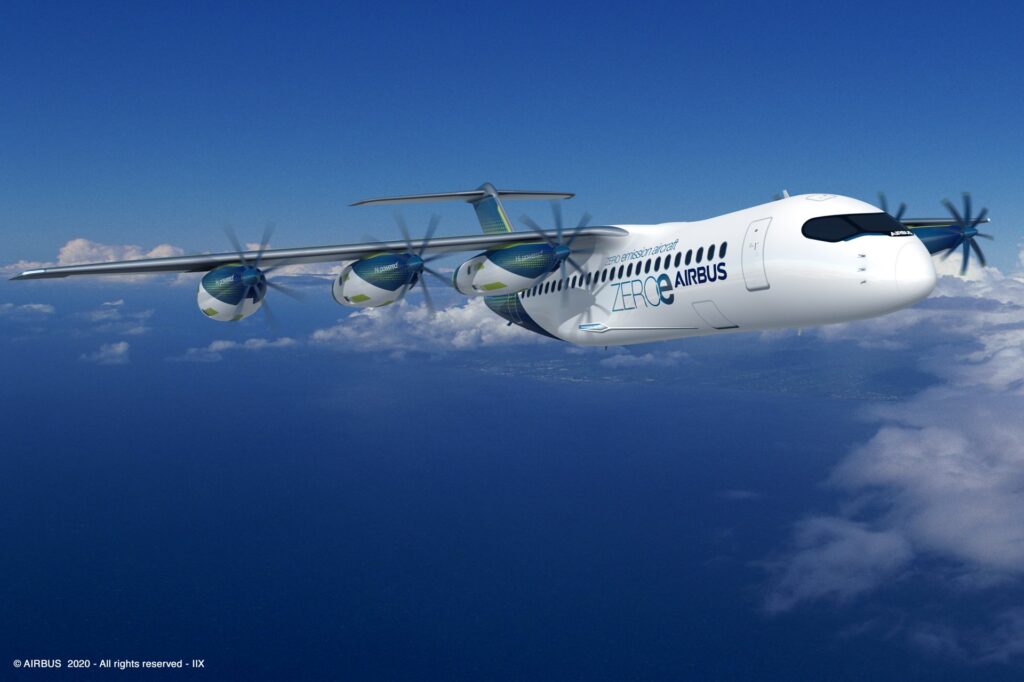These Pods Could Provide a Blueprint for Future Hydrogen Aircraft
Twinjet, s-duct, winglets, contra-rotating propellers: the aviation industry has developed numerous configurations over the last five decades that have enabled aircraft to fly higher, faster and longer. Now, Airbus engineers are unveiling a new configuration…
